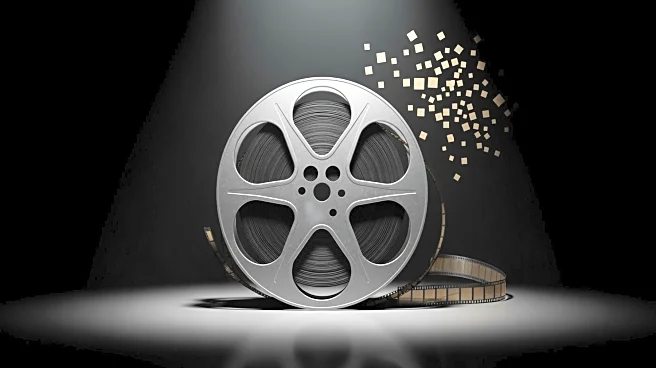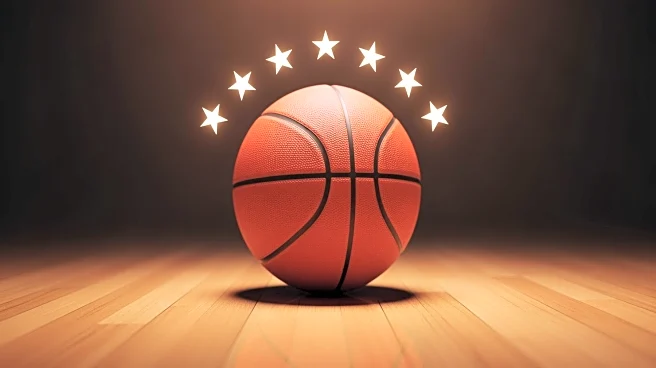What's Happening?
NFL Films released and subsequently deleted a video that portrayed Detroit Lions safety Brian Branch in a negative light, leading to backlash from the Lions' locker room. The video was part of NFL Films' 'Turning Point' series and included a montage of Branch's
lowlights from the Lions' game against the Kansas City Chiefs. Lions players, including All-Pro receiver Amon-Ra St. Brown, expressed their disapproval, questioning the intent behind the video's release. Branch was suspended for one game due to unsportsmanlike conduct during the game, a decision upheld upon appeal. The video, narrated by ESPN's Louis Riddick, was criticized for its tone and timing, with Lions defensive lineman DJ Reader expressing distrust towards the NFL's motives. Riddick and the NFL issued statements clarifying the intent behind the video and the decision to remove it from social media.
Why It's Important?
The incident highlights ongoing tensions between NFL players and the league regarding media portrayals and disciplinary actions. The Lions' reaction underscores concerns about player representation and the potential impact of media narratives on public perception. The controversy may affect the relationship between players and the league, influencing trust and cooperation. It also raises questions about the role of media in sports and the ethical considerations of highlighting negative aspects of players' performances. The situation could lead to increased scrutiny of how the NFL and its affiliates handle player-related content, potentially prompting changes in media practices and policies.
What's Next?
The NFL may face pressure to review its content creation and distribution practices, particularly regarding player portrayals. The league might engage in discussions with teams and players to address concerns and improve trust. Future content from NFL Films could be subject to more rigorous review processes to prevent similar incidents. The Lions and other teams may advocate for more control over how their players are depicted in league-produced media. Additionally, the incident could spark broader conversations about media ethics in sports, influencing how sports networks and organizations approach content creation.
Beyond the Headlines
The controversy touches on deeper issues of media influence and player autonomy in professional sports. It highlights the power dynamics between players and the league, with media portrayals potentially affecting players' reputations and careers. The incident may prompt discussions about the balance between transparency and respect in sports media, encouraging stakeholders to consider the long-term implications of content decisions. It also reflects broader societal debates about representation and fairness in media, with potential cultural shifts in how athletes are viewed and treated.
















